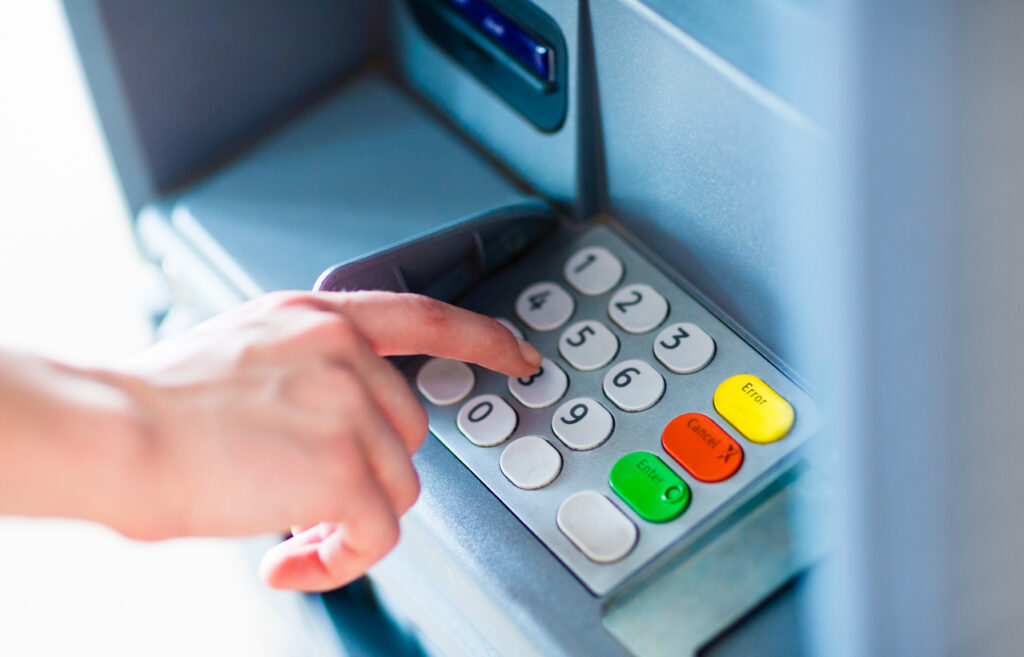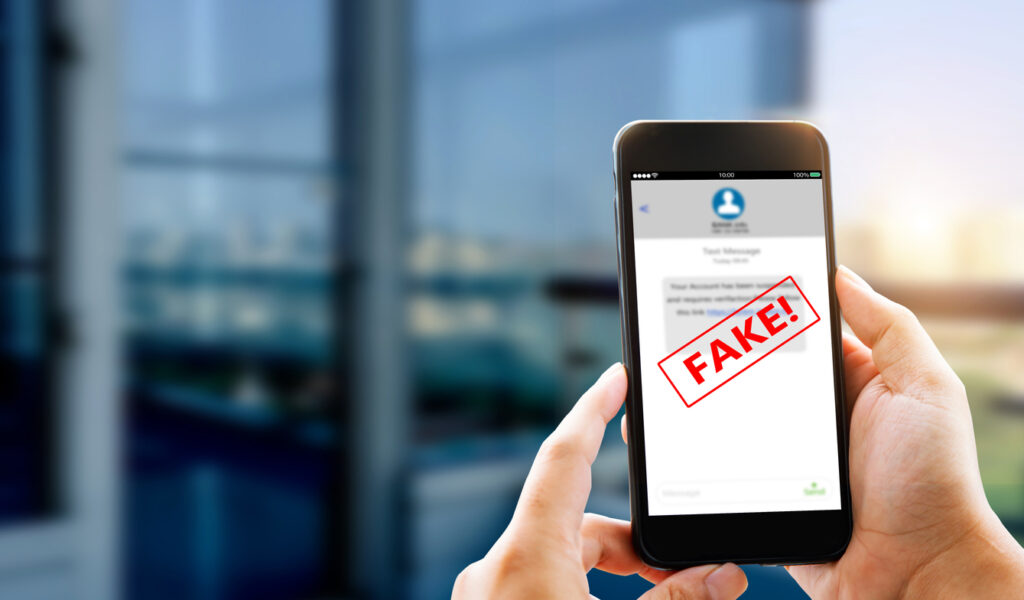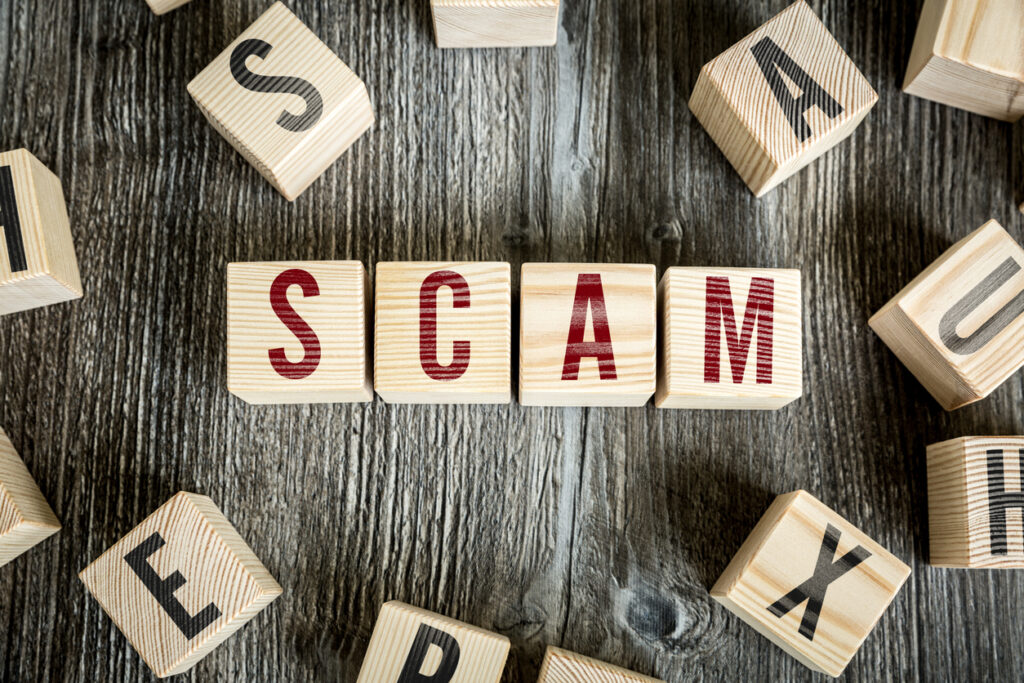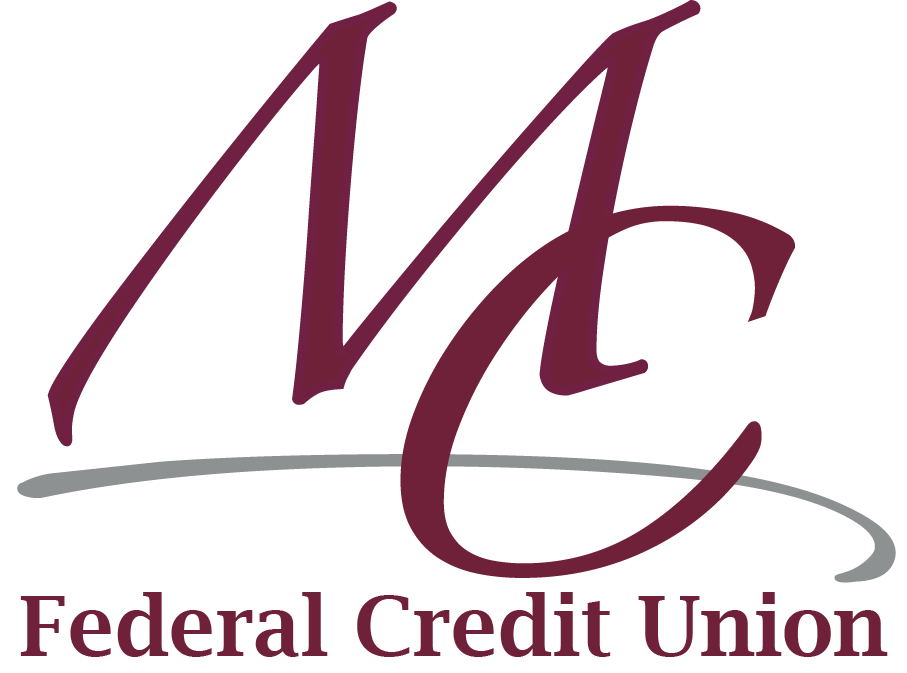Fraud & Security Alerts
Below you will find the latest Fraud and Security notifications to our members. In them you will find details about frequently occurring schemes and how to avoid them. If you feel you may have fallen victim to a fraud scheme be sure to notify a member of our team immediately by calling 800.834.0082 or stopping in your local branch.

What is SIM Swapping?
SIM Swapping, also known as SIM Hijacking, is an emerging cybersecurity threat. It occurs when a fraudster uses stolen personal information to trick your mobile

How Common is Your PIN?
Cybercriminals are always looking for a vulnerability they can exploit; one of the most common being an easy-to-guess PIN. We use PINs in many aspects

Carefully Review Unsolicited Communications
When you own a home, your deed is recorded at the local courthouse and becomes part of the public record. It is not uncommon for

Fraud Alert – Beware Fraudulent Payment Message
MC Federal Credit Union has been notified that members are receiving fraudulent text messages that appear to come from our institution. The message references a

Fraud Alert – Beware Fraudulent Text Message
MC Federal Credit Union has been notified that members are receiving spoofed text messages that appear to come from our institution. The message asks you

The Certainties of Life: Death, Taxes, and Tax Scams
In 1789, the incomparable Ben Franklin wrote, “…in this world nothing is certain, except death and taxes.” Undoubtedly, this is just as true today as

